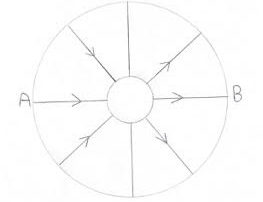Evolvability: the Present Colliding with the Future
To what extent does the future govern the present in our lives? In an earlier blog (Time: Real and Imagined; January 2, 2016), I raised this question. Let’s say I was guaranteed (impossible, of course) that I would live an extended life, but I was also assured that planet Earth would be destroyed a year [...]


